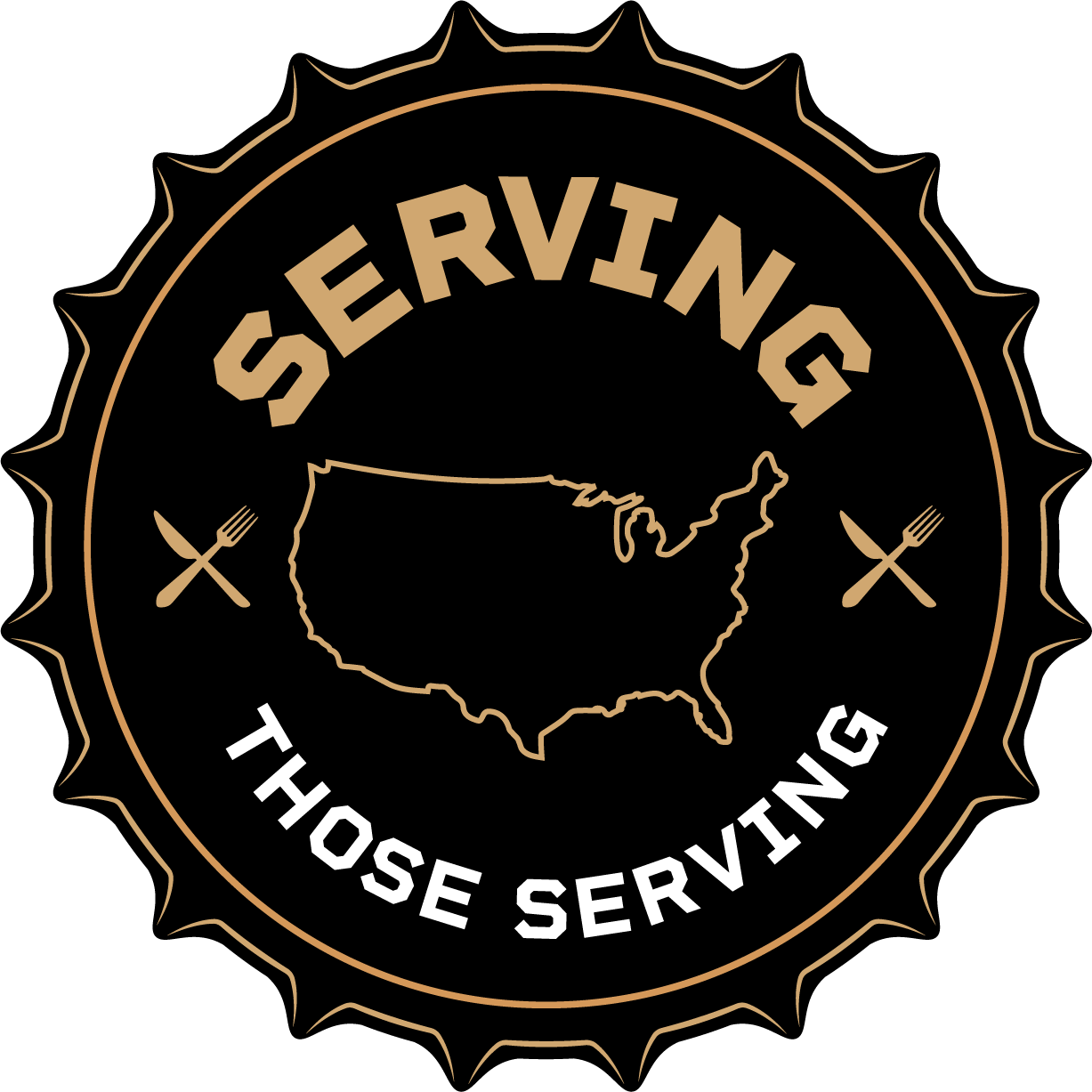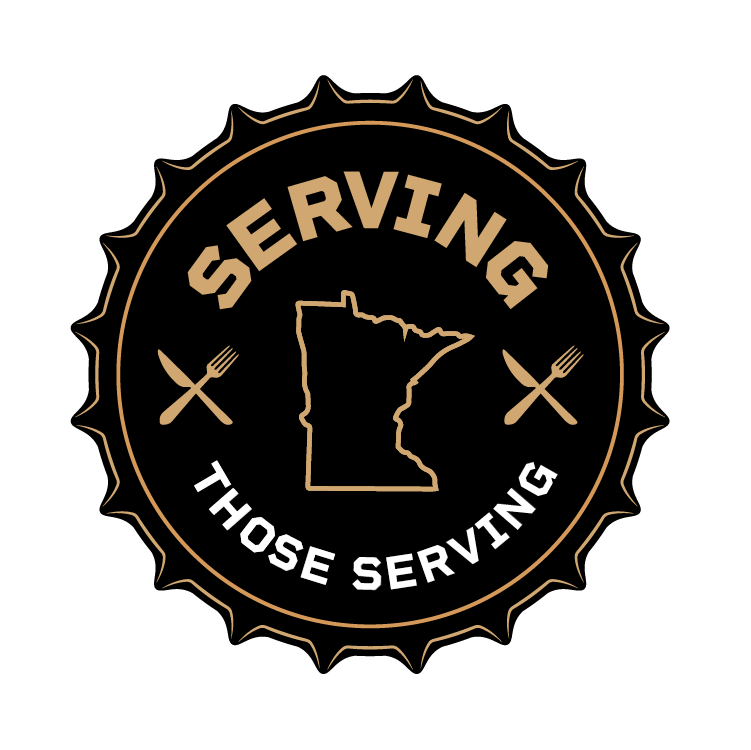Service is More Than Labor: Hospitality Heals
We started to see it coming in January of 2020 – over a year ago now. Restaurateurs, chefs, bartenders, baristas, servers… The Coronavirus was creeping into radio broadcasts, nightly news and our social media feeds. Even before Seattle got smacked, we felt an impending sense of crisis in our collective hospitality consciousness.
So like hospitality professionals always do, we made lists. We planned. We communicated to our staff that this could be a bad deal for our communities and that it could really cut into dining out. We looked ahead to how we were going to try and rotate hours for our staff into a fair and even distribution. We did proactive research and had serious all-staff meetings that focused on greater degrees of the cleanliness and sanitation that we already fastidiously practiced. We stressed that to eliminate risk, anyone who felt ill should stay home for the safety of our guests and the staff we all consider family. Some of us even created in-house funds that went to fellow staff members that missed out on shifts because of illness – long before politicians deemed to bother drafting any sort of relief packages.
Moreover, some of us began to plan for the help we knew we would need to provide. We started text threads and had conference calls with like-minded others in our vocation, discussing ways to safely feed, free of charge, large groups of people we knew would need extra help in a time of crisis. We looked back at what our colleagues, heroes and mentors had done in the wake of natural disasters in New Orleans, Puerto Rico, Manhattan, and Washington DC.
We were prepared. We were ready to help, to heal and to nourish. We were ready to be havens of safety and comfort while uncertainty and madness and loss grew in our communities.
Then the mandates came down. The thing that got past all of us, at least most of us, was that for the first time in our careers we were being told that the best way to help our communities was to stop doing what we do best – to shut our doors, douse our flames and stopper our bottles. We were being asked to help our friends and neighbors and loved ones not by nourishing them and providing a place to safely gather and share hardship, but to lock our doors and stay home and do nothing. While the incoming statistics were irrefutable - science we understood and with which we knew we needed to comply – it didn’t make the concept any less incomprehensible. It didn’t make being told not to help hurt any less.
While our initial instinct to help bears the obvious fruits that benefit those in need of flavor and camaraderie, there is a hidden, more selfish element in what we do in kitchens, behind bar-tops and tableside talking to guests. We know that doing our job is the best way to be there for someone who just needs a break from the madness of life – pandemic or not. Regardless of how exhausted or upset we are, at the end of the day we are helping strangers hide from hardship. Even if it is for a mere fifteen minutes of the flavor found in a cheeseburger and a cold soda pop, we are making someone’s life better. Service, to us, is far from just labor. It is therapeutic. It is an offering to others of our best selves. To be deprived of that does us harm. It robs us of our worth, of our place in our communities. It opens us up to darkness.
Most of us fell in love with restaurant work when we realized that it was our way to give, to be useful, if not to the hungry guests at tables in the dining room then to the cooks and dishwashers and service staff sweating it out, toiling and laughing next to us. Hospitality work provided thousands of us the first opportunity in life to prove that we could be relied upon.
That is all we want to do right now. We see Minnesota hospitality hurting from dozens of different kinds of loss. We want to help. We want to provide a safe and secure home away from home. We want to heal. We want to nourish our neighborhoods with flavor and comfort. No one knows how to safely comply with sanitation and distancing better than we do. We’ve been voluntarily practicing these guidelines as a manner of good business sense for decades. Hospitality can help. Hospitality heals. This is our purpose. This is why we are fighting for our Minnesota family.
If one needs any further example of the immense importance of the independent hospitality operation in the fabric of Minnesota’s culture, consider that dozens of restaurants, despite revenues cut by as much as 75% during what should be the most lucrative month of the year, have cleaned out their coolers and created pop-up food shelves where friends and neighbors who were once paying guests can take home groceries, free of charge – no questions asked - that will hopefully provide the same kind of safety and comfort we had hoped our restaurants would be able to offer this year.
Please. The time to act is now.
We want to be here to provide the flavors and fellowship that will celebrate the end of these long months of pain and madness, Minnesota… but without your help, we won’t be. We’ll just be dusty dining rooms, papered windows, locked doors and memories.

